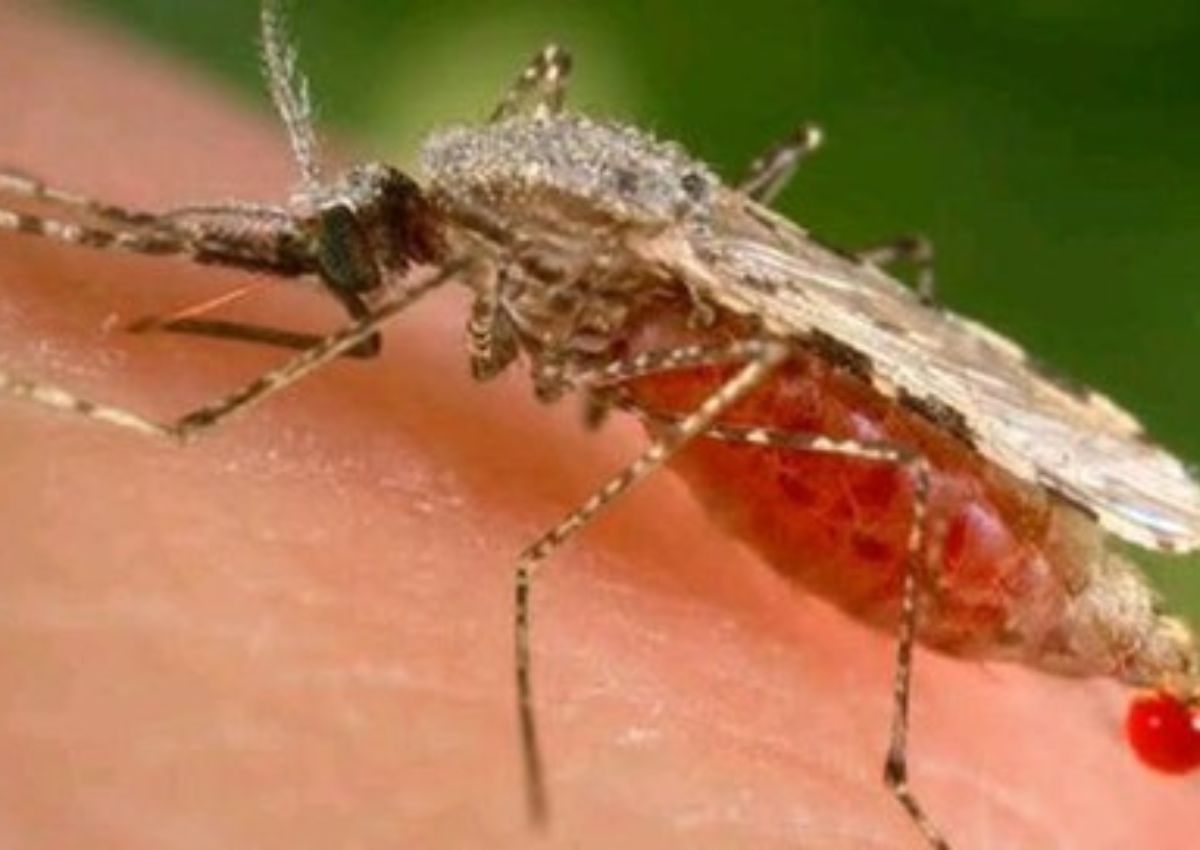Medical experts say that due to the adverse consequence of climate change- it is possible that diseases like malaria could start spreading out.
This follows a warning by the city of Tshwane that the region has seen a spike in infections in the region since July this year.
In just Gauteng alone, there have been over 1000 recorded malaria cases in the last nine months, even though infection is preventable.
According to the Gauteng health department, the province has recorded 1303 malaria cases and 11 deaths due to malaria from January to September this year.
Malaria is a mosquito-borne disease caused by one of five malaria parasites- Plasmodium falciparum, ovale, vivax, malariae, and knowlesi- and leads to a deliberating illness that can ultimately cause death.
As South Africa ramps up awareness campaigns, in this year’s annual Malaria Week- the Gauteng Health Department says it is concerned with the recorded number of cases.
Malaria is common along the border areas of South Africa, in Limpopo, Mpumalanga, and KwaZulu-Natal, and now is spreading more inland.
Medical experts advise all travellers to take personal protection against getting bitten by mosquitoes- by taking standard malaria medication or spraying insect repellent regularly.
People at risk are those travelling to or residing in low altitude areas, or in the north and east of the country. This includes Mpumalanga (especially tourist sites like Kruger National Par), Northern KwaZulu-Natal, Vhembe and Mopani districts, Musina, Thoyondou, and surrounding areas.
The most vulnerable groups include pregnant women, babies, the elderly, people with weakened immune systems, and people with comorbidities. Anyone who visits an endemic area is at risk of being infected with malaria.
Contact a health professional before getting to a high-risk area for the necessary drug therapy.
Doctors advise that there is a malaria vaccine available that proves high immune to the parasite.
Source: Eyewitness News, Business Insider, image from Twitter: @kililo_brian
